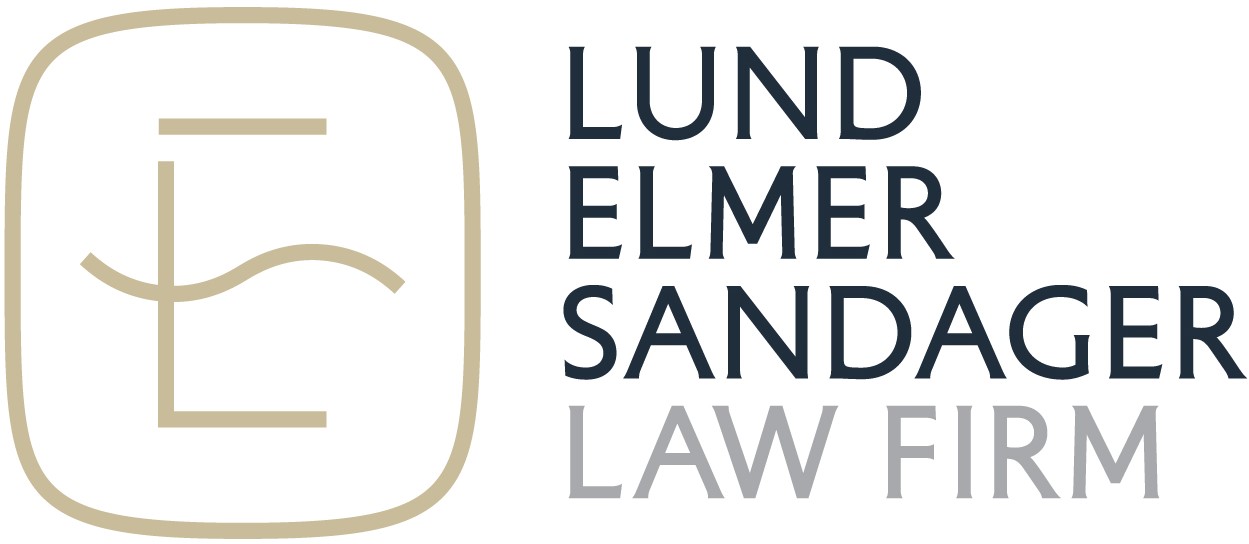
Define a company-wide email policy, and remember to motivate it — not everyone knows about GDPR
Why do you suddenly want to have a systematic approach to how you handle emails within the company? How is this going to happen? Automatic processes or manual procedures? What is the actual plan? Starting when? What is captured? What is not?
"Start with a why"

Define who can access a business email — besides the sender and recipient
A shared email archive offers many advantages. Letting everyone access any e-mail in the company is uncomfortable for the people involved, and also illegal. Emails potentially contain personal data, and you must limit access to a 'need to know basis'.
"Protect sensitive information"

Describe how business emails are treated when people leave your company
A company mailbox cannot be left unattended, when someone leaves the company. What happens to emails already in the mailbox? And new ones? Probably you don't want the now former employee to communicate their departure with an 'emotional' out of office.
"When people move on"

Make the email policy an incorporated part of your employment setup
All of the above must be made an integrated part of your employment setup. Your employee handbook, and your employment contracts. And don't forget to communicate this update to your employees — starting with a why.
"Integrate the policy"
|
|
 |
| Lund Elmer Sandager is a full-service law firm dedicated to advising clients on commercial issues and legislation. les.dk/en |
Next Emails
At Multi Support we handle our emails in Switzerland, Austria, Germany, UK, Sweden, Denmark, Norway, and Finland using Next Emails.
If you'd like to get inspiration from our corporate email policy, reach out to our GDPR specialist Steen Munksgaard.

Our take on GDPR
Learn about our take on the EU General Data Protection Regulation, it’s background and it’s consequences. Tap into the experiences we and our customers have already gained. Sometimes free advice can be valuable.
Learn more about our take on GDPR










